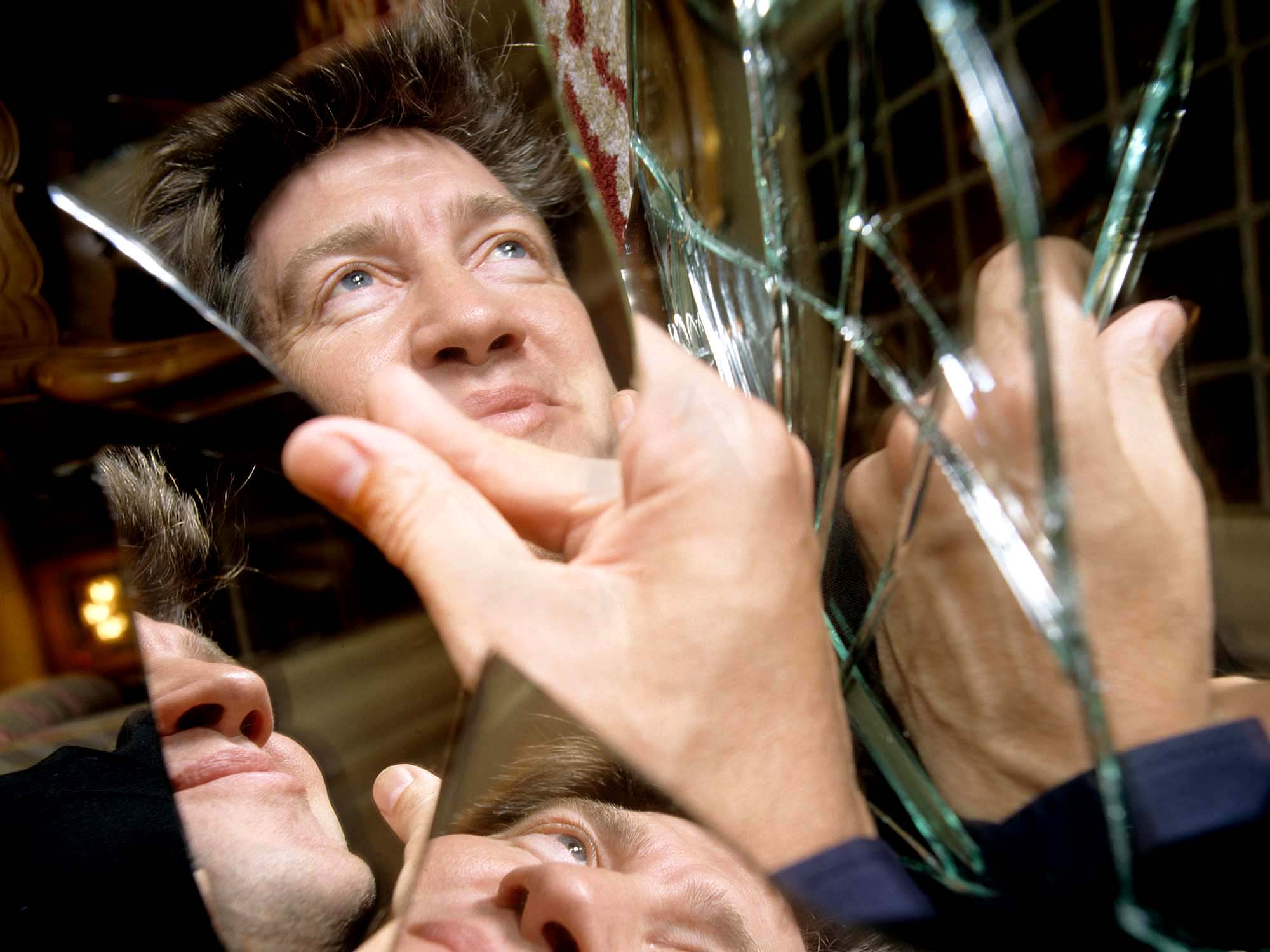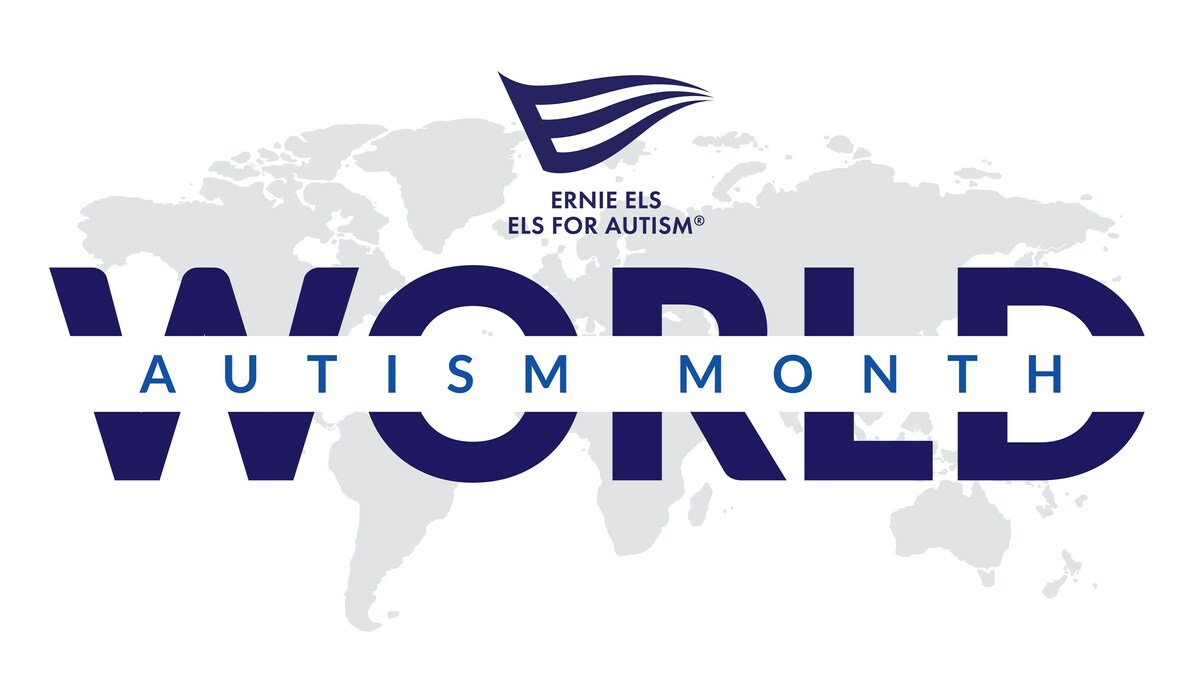
Lynch/Oz
The spectre of Victor Fleming’s 1939 The Wizard of Oz, in all its technicolour glory, seems to ceaselessly haunt the collective American psyche. Distilled into a pair of sequined red pumps, this staggeringly permanent cultural touchstone has become “public real estate”, and like a recurring hallucination, has left an indelible mark on David Lynch’s films, warping the porous veil between reality and imagination.
Alexandre O. Philippe’s Lynch/Oz sees a cohort of six distinct and illuminating essays (each written and voiced by film critic Amy Nicholson, camp auteur John Waters, director duo Justin Benson and Aaron Moorhead, and filmmakers Karyn Kusama, Rodney Ascher and David Lowery) guiding us through the yellow brick road as they examine the how Oz’s influence and cultural vernacular is thoroughly embedded into the very core of Lynch’s cinematic oeuvre.
The video essay format reigns supreme as the most popular form of online film criticism, largely due to the insight that can be gleaned from a thesis-driven approach that’s supplemented by moving image and enhanced with sound. As well as being a wholly accessible, democratic and DIY pursuit, this relatively young form of analysis has carved a new and exciting space between criticism and digital media-making, and has become an increasingly valuable part of our digital ecosystem.
By transposing the video essay format to a feature-length affair, Philippe attempts a union of theory (criticism) and practice (documentary filmmaking), and so the very ontology of Lynch/Oz becomes a subject of fascination in its own right. The question that inevitably hangs over the film, however, is: does this inherently episodic endeavour benefit from the feature-length anthology approach?
Using ominous gusts of wind, dissociative fugues and a woman named Judy as entry points, each perspective adds a different dimension to the work of a filmmaker whose aversion to attach meaning to his work is famously unwavering. Such prolonged encounters with Lynch’s filmography seen through the lens of his biggest influence — treatises that go beyond the magical realism of Wild At Heart, which is so explicitly filtered through Oz iconography — bring about an extended and affectively charged engagement with the stylistic and cultural complexities of both Lynch’s oeuvre, as well as the magic of Oz.
Karyn Kusama’s section perfectly straddles the line between personable and insightful. She recalls attending a NYFF screening of Mulholland Drive. As he is wont to do, Lynch spoke about the film quite elliptically, and was then asked by an audience member to talk about his relationship to The Wizard of Oz. His response: “There is not a day that goes by that I don’t think about The Wizard of Oz”.
There’s no shortage of erudite and perceptive analyses here, yet some sections can easily be dismissed as offhand. The film begins to lose shape as comparisons to Oz are inevitably drawn further and wider in relation to cinema at large, with some contributors staying less on topic and focusing more on their own work, leading to broader discussions on storytelling and the breadth of cinematic influence.
Oz is a foundational ingredient in Lynch’s distinct recipe of American surrealism and dreamlike logic, which further cements the former’s enduring cultural relevance – the myriad of red shoes, allusions to Judy, the Good Witch of the North and Wicked Witch of the East are hard to miss. Yet the film’s distinctly episodic structure leads to inevitable repetitions and similar sequences of comparison that tread all too similar ground, turning what starts off as a compelling watch to a stuffy viewing experience.
Little White Lies is committed to championing great movies and the talented people who make them.
By becoming a member you can support our independent journalism and receive exclusive essays, prints, monthly film recommendations and more.
Published 30 Nov 2022































































